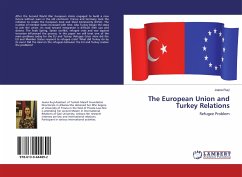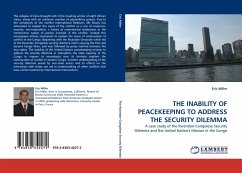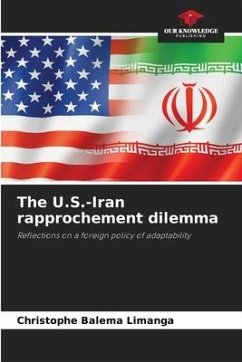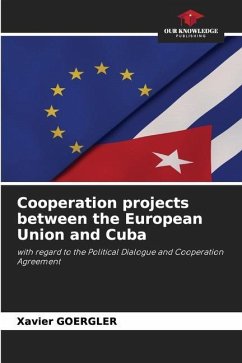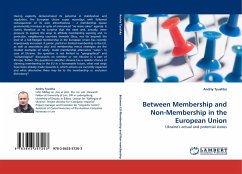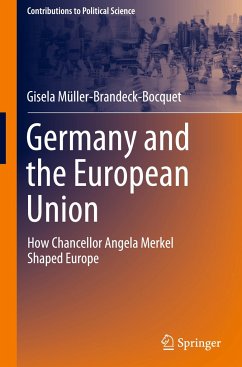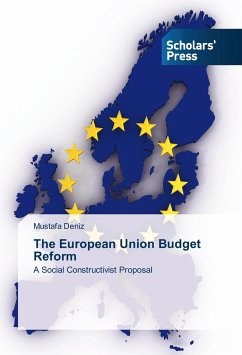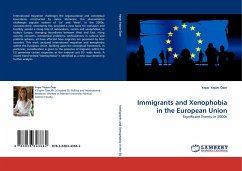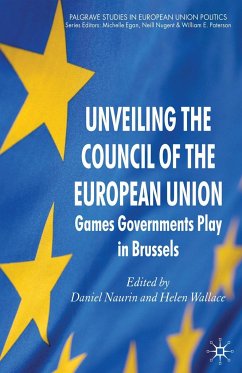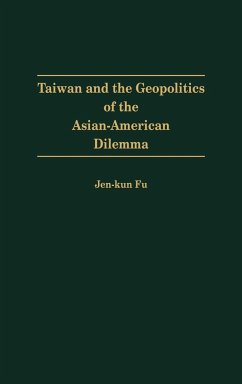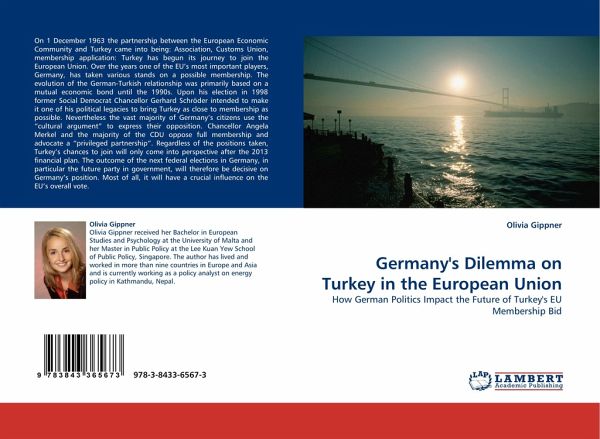
Germany''s Dilemma on Turkey in the European Union
How German Politics Impact the Future of Turkey''s EU Membership Bid
Versandkostenfrei!
Versandfertig in 1-2 Wochen
32,99 €
inkl. MwSt.

PAYBACK Punkte
16 °P sammeln!
On 1 December 1963 the partnership between the European Economic Community and Turkey came into being: Association, Customs Union, membership application: Turkey has begun its journey to join the European Union. Over the years one of the EU''s most important players, Germany, has taken various stands on a possible membership. The evolution of the German-Turkish relationship was primarily based on a mutual economic bond until the 1990s. Upon his election in 1998 former Social Democrat Chancellor Gerhard Schröder intended to make it one of his political legacies to bring Turkey as close to memb...
On 1 December 1963 the partnership between the European Economic Community and Turkey came into being: Association, Customs Union, membership application: Turkey has begun its journey to join the European Union. Over the years one of the EU''s most important players, Germany, has taken various stands on a possible membership. The evolution of the German-Turkish relationship was primarily based on a mutual economic bond until the 1990s. Upon his election in 1998 former Social Democrat Chancellor Gerhard Schröder intended to make it one of his political legacies to bring Turkey as close to membership as possible. Nevertheless the vast majority of Germany''s citizens use the "cultural argument" to express their opposition. Chancellor Angela Merkel and the majority of the CDU oppose full membership and advocate a "privileged partnership". Regardless of the positions taken, Turkey''s chances to join will only come into perspective after the 2013 financial plan. The outcome of the next federal elections in Germany, in particular the future party in government, will therefore be decisive on Germany''s position. Most of all, it will have a crucial influence on the EU''s overall vote.



